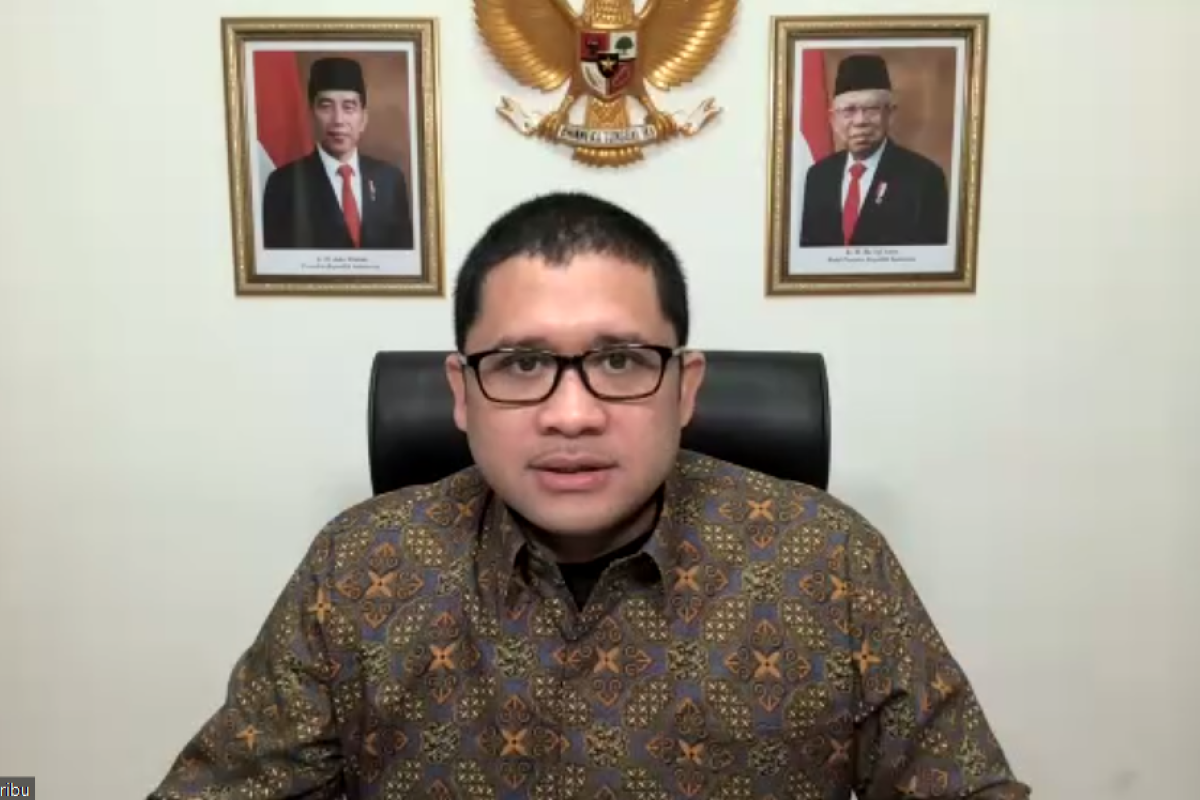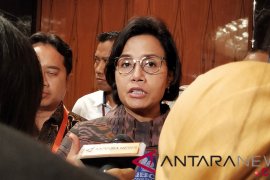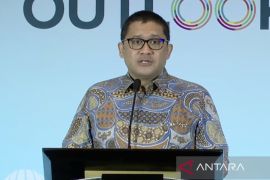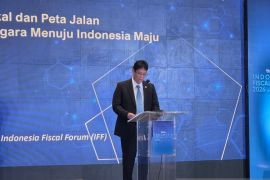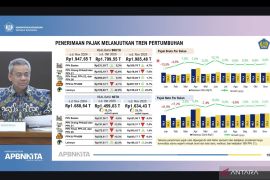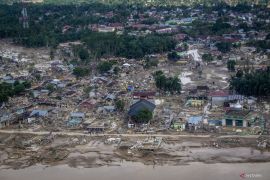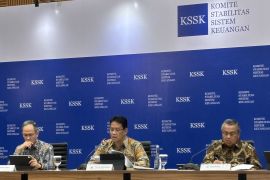We continue to complete the construction of strategic infrastructure, and this is related to basic services to support productivity.Jakarta (ANTARA) - The Indonesian Finance Ministry's Fiscal Policy Head Febrio Kacaribu revealed the government's plan for next year to utilize the infrastructure budget for various purposes.
"We continue to complete the construction of strategic infrastructure, and this is related to basic services to support productivity," Kacaribu noted during an online discussion here on Wednesday.
The infrastructure budget, amounting to some Rp384.8 trillion in the 2022 State Budget Draft (RAPBN), covers Rp170.4 trillion for central government spending, Rp119.2 trillion for Transfer to Region and Village Fund (TKDD), and Rp95.2 trillion for budget financing.
Related news: Budget realization for infrastructure spending reaches 59.5 percent
Based on Kacaribu's presentation, the policy for next year's infrastructure budget aims to expedite the completion of infrastructure projects delayed due to COVID-19 and strategic output to support economic recovery.
Next year's infrastructure budget policy will also strengthen funding synchronization or integration between ministerial and non-ministerial government institutions (K/Ls), regional governments, and state as well non-state enterprises.
The infrastructure budget will also be utilized to support the availability of basic infrastructure services, such as 2,250 special housing units and 3,501 apartment units.
Related news: President highlights digital infrastructure role during pandemic
This budget will additionally be channeled to provide affordable, reliable energy and food that are also environment-friendly, such as the construction of 105 thousand hectares of irrigation network.
In addition, budget will be utilized to bolster productivity through connectivity and mobility infrastructure.
This encompasses the construction of 205 kilometers of new roads, 8,244 meters of new bridges, 6,624 square kilometers of railways, six new airports, and the Trans Sumatra toll road.
Lastly, information and communication technology will also be prioritized for the budget in order to boost the capacity of digital human resources and digital literacy.
This aims to provide 2,344 Base Transceiver Stations (BTS) in remote regions as well as satellite-based Internet, with capacity of 25 Gbps.
Related news: LIPI develops research-, innovation ecosystem with "SIAP" strategy
Related news: President reports Rp384.8 trillion infrastructure development budget
Translator: Astrid Habibah, Fadhli R
Editor: Fardah Assegaf
Copyright © ANTARA 2021
